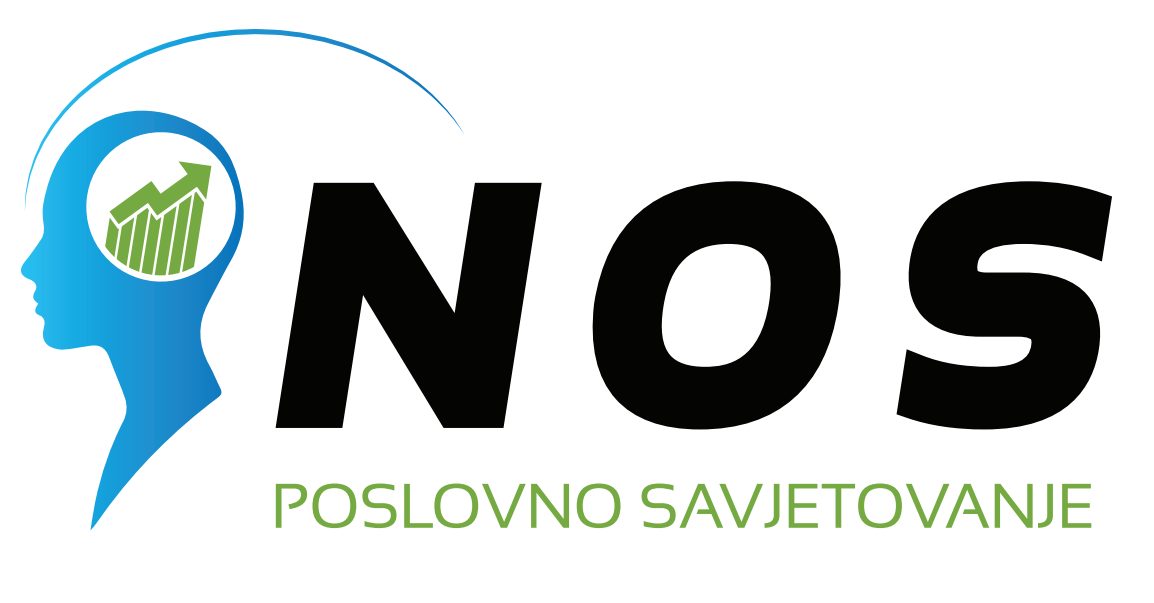HubSpot is a comprehensive CRM platform that brings together tools for digital marketing, sales, customer support, and website content management. Its primary goal is to streamline business processes by enabling automation, improving organization, and fostering more effective collaboration between teams across different departments.
Key Advantages of HubSpot
1. Simple User Interface and Customization
HubSpot offers an intuitive user interface that makes implementation and usage straightforward, allowing teams to easily manage campaigns, analytics, and data.
2. Centralized Data
All client, campaign, and sales data are stored in one place, fostering better collaboration between departments, accurate performance tracking, and quicker decision-making based on real-time insights.
3. Task Automation
HubSpot saves time by automating repetitive processes, such as sending email campaigns, managing leads and their statuses, and setting up automated responses for customer inquiries.
4. Personalized Customer Support
With advanced tools like chatbots, knowledge bases, and ticketing systems, HubSpot ensures every client receives prompt and accurate support, leading to higher satisfaction.
5. Detailed Analytics and Reporting
HubSpot provides comprehensive reports and insights into the performance of marketing, sales, and customer service activities. This allows you to track marketing campaign ROI, identify weaknesses in the sales process, and enhance the efficiency of customer support.
6. Integration with Other Tools
HubSpot seamlessly integrates with tools like Gmail, Office 365, Slack, Zoom, WordPress, Shopify, and many others, ensuring smooth information flow across your systems.
How does HubSpot work?
HubSpot is divided into several key modules that can be seamlessly integrated to address various business needs:
1. Marketing Hub
The Marketing Hub enables email marketing automation, social media campaign management, and search engine optimization (SEO). It also provides tools for creating blogs and content that attract visitors, while tracking performance and ROI of marketing efforts.
2. Sales Hub
The Sales Hub offers a CRM for tracking leads and customers, along with automating sales tasks such as scheduling meetings and sending quotes. It includes tools to monitor and analyze sales team performance, while allowing for personalized approaches to customers based on CRM data.
3. Service Hub
The Service Hub includes customer support systems like ticketing, chatbots for quick communication, and a knowledge base for client self-help. It also provides in-depth analytics on customer satisfaction and helps optimize support processes.
4. CMS Hub
The CMS Hub enables the creation of websites optimized for user experience and personalized content based on visitor data. It also offers tools for enhancing website performance, such as speed and mobile responsiveness.
5. Operations Hub
The Operations Hub provides tools for automating internal processes and synchronizing data across different tools and systems. It ensures data accuracy across all company departments.
Who is HubSpot designed for?
Contact Us
Need help?
Feel free to contact us. We will contact you as soon as possible.
info@nos.hr
+385 01 64-385-64

